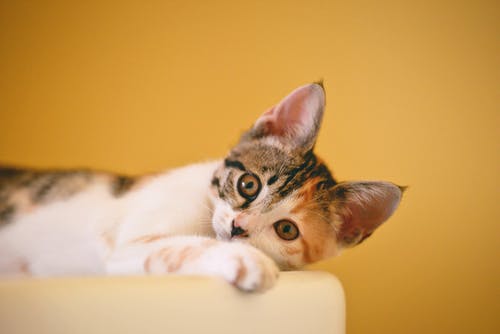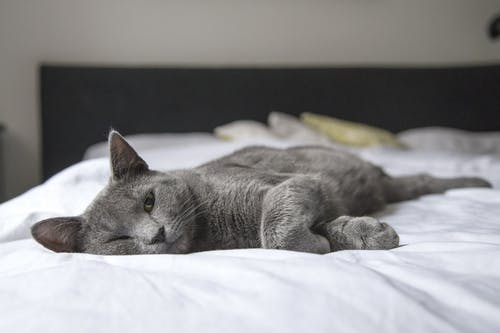People and felines are both living longer than they used to. If you have an older cat, you may be worried about the distinct needs that might be needed them. Is there a difference in their dietary demands? What about their essential health and movement? Then again, what does it indicate to be a “senior cat?”
Essential Tips on Caring for a Senior Cat
Elderly cats face specific health concerns you must be aware of to assist your cat age gracefully. Cats who are seven to ten years old are considered to be “seniors.” Cats can live into their late teens and twenties with appropriate treatment and good luck.
Nevertheless, the physical and behavioral needs of old cats alter. These changes are easily seen when your kitten turns into an adult cat. Regardless, when your adult cat reaches the age of seven and becomes elderly, these changes can be more challenging to see. In addition, the following are the most significant ways to care for an aged cat.
Take Care of Your Cat’s Dental Health
In older cats, dental illness is a prevalent concern. Cats can suffer from severe tooth decay, damaged teeth, gum condition, and oral tumors that significantly affect their quality of life. Dental infections that go into the bloodstream can affect the liver, kidneys, and heart. Consequently, maintaining your cat’s oral health is vital to their health as they age.
Oral illness can be undiscovered for long periods. For cat owners, weight loss and poor fur coats are seen as conventional signs of old age instead of indicators of an impending health dilemma. Regular vet checkups and dental cleanings from vet dentistry can substantially boost your cat’s wellness and possibly lengthen their life.
Give Importance to Your Cat’s Diet
An elderly cat can become underweight due to a diminished sense of taste or smell, leading to a lack of desire to eat food. Food needs to be found in a location where your cat spends the most time and in a relaxed area where your cat might eat it without distraction.
Cats in their golden years might prefer low-sided food and water bowls that do not come in contact with their whiskers. If your cat declines to eat or is becoming picky about what it eats, you must immediately speak with a pet nutritionist. Click here to book an appointment with a pet nutritionist.
Regular Vet Visits
Consistent veterinary care is a must-have routine. As veterinarians recommend, only fourteen percent of elderly pets have their health consistently assessed. According to research, older cats in good condition need a vet appointment every six months. It is crucial to have regular blood work done so that a vet can be informed if anything is out of the ordinary.
Cats are professionals at hiding ailments and may appear healthy even if infected. Early illness detection and higher quality of life are the benefits of more regular evaluations of older cats. As a result, guarantee that a vet from animal clinics like Carlsbad Animal Clinic regularly checks out your cat.
Final Thoughts
You will look back on your time looking after your elderly cat as one of the most satisfying experiences of your life. Playing with and petting your cat will keep you both physically and mentally stimulated. Spending more time with your aging cat will ensure that you both get the most out of their senior years, and that’s a win-win for everyone.






